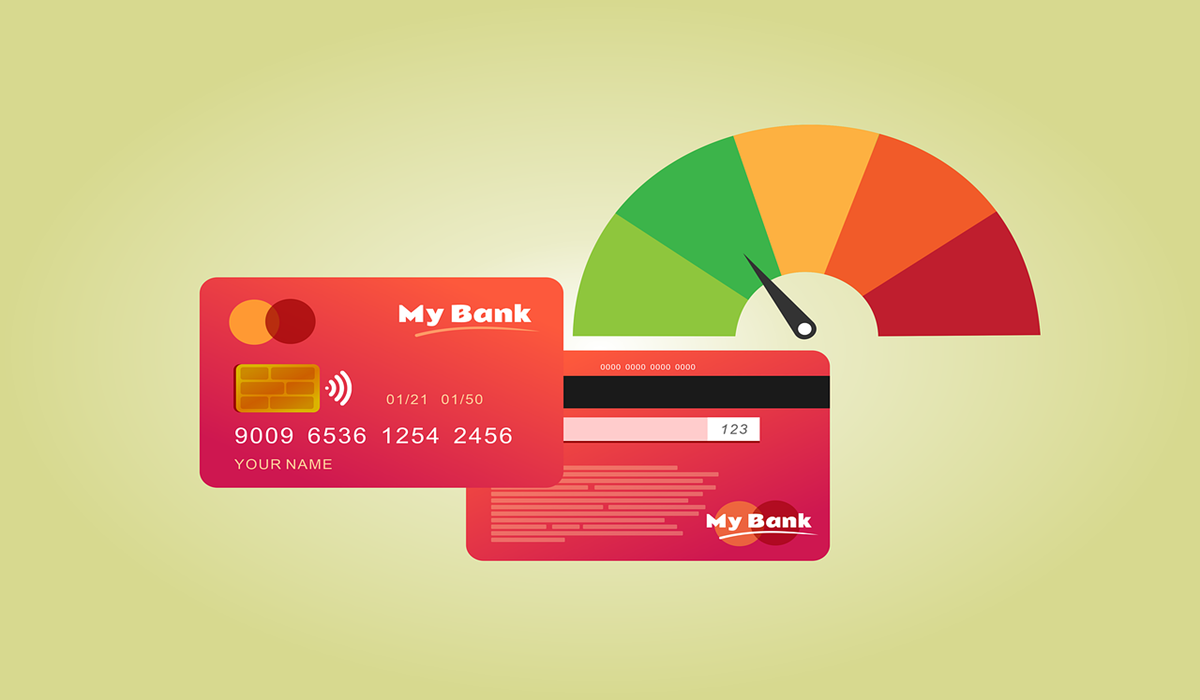Mortgage Refinancing: How to Decide if It’s the Right Move for You
- Navdeep Khangura
- Mortgage Advisor
- Golden Key Mortgage Ltd
- October 25, 2024

Image Credit, Nattanan Kanchanaprat
Mortgage refinancing is an option that can be a strategic financial move, allowing homeowners to adjust their loan terms, reduce monthly payments, or access equity for other purposes. However, timing and personal circumstances play a crucial role in determining if refinancing is the right choice. Here, we’ll dive into the when and why of refinancing, helping you evaluate if it could benefit you.
When Should You Consider Refinancing?
One of the most common reasons people refinance their mortgages is to secure a lower interest rate. Interest rates fluctuate, and if rates have significantly dropped since you first took out your mortgage, refinancing might save you money by lowering your monthly payments or reducing the amount you pay in interest over the life of the loan. Even a 1-2% reduction in interest can result in substantial savings, which can make refinancing worthwhile.
Another good time to consider refinancing is when your credit score has improved. Credit plays a major role in determining your mortgage rate; a better score can translate to a better rate. For instance, if you’ve paid down debts and have a more favorable credit history, refinancing could help you qualify for a lower rate than you initially received.
Changes in your financial situation or your loan goals may also prompt refinancing. If your income has increased, you might consider refinancing to shorten your loan term from a 30-year to a 15-year mortgage. Though this will increase your monthly payment, it reduces the total interest you’ll pay over the life of the loan. Alternatively, if you need to reduce monthly payments due to financial constraints, you might refinance to extend your loan term, potentially easing the immediate financial burden.
Why Might Refinancing Be Right for You?
Refinancing can offer specific financial advantages that align with personal goals. Here are some scenarios where refinancing might be especially beneficial:
- Lowering Your Interest Rate: This is the most common motivation for refinancing. Lower interest rates can reduce both your monthly payment and the overall cost of the loan, freeing up funds that could be invested or saved for other purposes.
- Switching Loan Types: Some homeowners start with an adjustable-rate mortgage (ARM), where interest rates change over time. Refinancing to a fixed-rate mortgage can provide stability and predictability in monthly payments, especially if you plan to stay in the home long-term.
- Accessing Home Equity: A cash-out refinance allows homeowners to access the equity they’ve built up by borrowing more than the existing mortgage balance. This strategy can be beneficial for funding home improvements, paying off high-interest debt, or covering significant expenses like college tuition.
- Removing Private Mortgage Insurance (PMI): If your down payment was less than 20% of the home’s purchase price, you likely have PMI, which adds to your monthly payments. As your home value appreciates and your equity increases, you can refinance to remove PMI, saving on monthly costs.
- Debt Consolidation: A cash-out refinance is often used to consolidate debt at a lower interest rate than other types of loans. This approach can streamline payments and reduce high-interest debt, though it does increase the mortgage balance and ties your home to that repayment.
While refinancing can provide savings, it’s essential to weigh the associated costs. Closing costs on a refinance typically range from 2-5% of the loan amount, which may add up depending on your loan balance. There are also potential fees for appraisal, title search, and application. It’s wise to calculate your break-even point—the time it takes for your monthly savings to cover the upfront costs. If you plan to move within a few years, the initial expenses might outweigh the potential benefits.
Refinancing is a valuable financial tool when used strategically, and it has the potential to reshape your financial landscape. However, timing, costs, and your financial goals are key factors in making the decision. If refinancing aligns with your long-term plans, reduces your interest burden, or helps you achieve a more manageable monthly payment, it might be a beneficial move.







